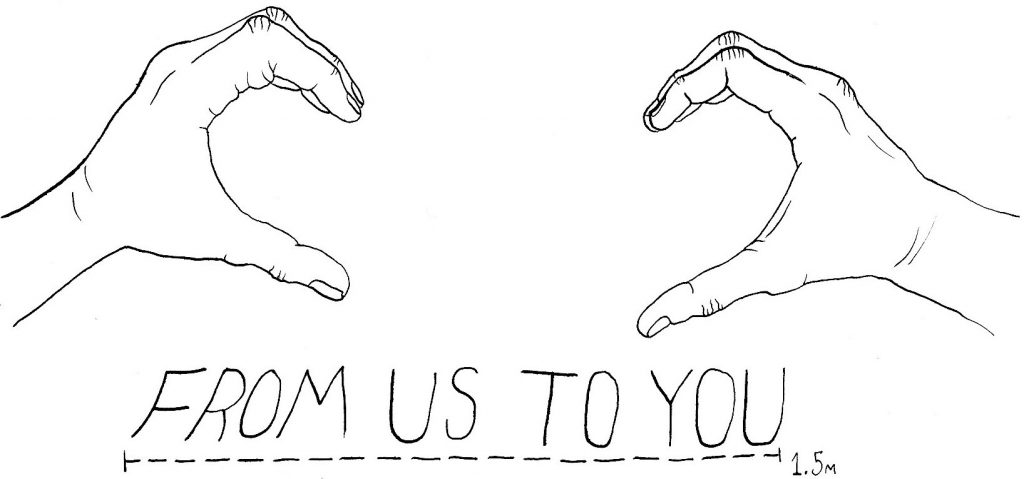Lived wisdom on panic, worry and isolation
Lived wisdom on panic, worry and isolation:
Stories to support the community amid the COVID-19 crisis, from mental health service users, survivors and ex-patients.
Why This Document Exists Some of us were thinking during this period of global concern with COVID-19 about the idea of knowledges earned through difficult experiences that might be useful to lend to others. We considered how the mental health consumer/survivor/ex-patient (c/s/x) community doesn’t often have the chance to share the hard won expertise learned through traversing challenging life experiences with folks in other contexts where it might be useful. Many of the experiences commonly navigated by folks who have had some experiences with mental distress mirror some of what’s going on around COVID-19, experiences that might be called panic or worry, which for many in the world may be new. These characters seem to be present in most media descriptions of the public right now as well as increasing instances of strongly enforced isolation. The latter many of us who have had contact with mental health services have experienced along a spectrum from discrimination induced lack of social contact to full on compulsory treatment, these are very different to what’s going on for folks self isolating.
So we called out for contributions of special knowledges around these things from our c/s/x community. This document contains the wisdom of thirty people’s experience with panic worry and isolation. We’ve been pretty moved by people’s contributions, they’re really generous and rich descriptions of experience and skills. There is such a sense of care and wanting people to know they can get through in the words that were shared, we hope you find a snippet or two of these words educational, validating, inspiring or maybe a little comforting.
To view a short video about this project, click here
To download the document click here
This document has now been translated and shared in many countries and contexts. Some communities have sent responses back to those who made the document. To read such a response, from London narrative practitioners, click here.
